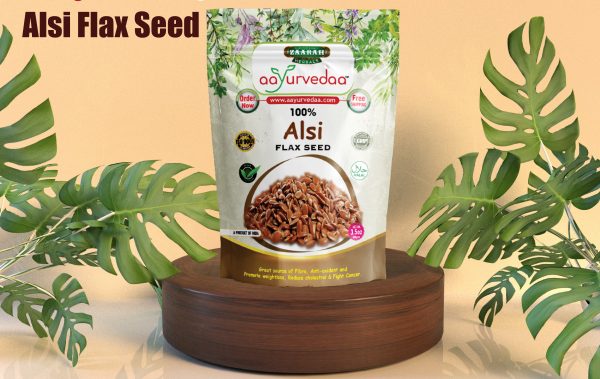No products in the cart.
Say Goodbye to Digestive Woes: The Ultimate 10 Guide to a Happy Gut & Good Digestive Health.

Introduction to Digestive Health -Ensuring optimal digestive wellness plays a pivotal role in enhancing overall health and vitality. Your digestive system plays a significant role in absorbing nutrients and eliminating waste from your body. A healthy gut not only ensures proper digestion but also supports a strong immune system and enhances mental health.

Table of Contents
1. Understanding Digestive Woes
Ensuring optimal digestive wellness plays a pivotal role in enhancing overall health and vitality. Common issues include bloating, gas, constipation, diarrhea, and indigestion. These problems can be triggered by various factors such as poor diet, stress, lack of exercise, and underlying medical conditions.
2. The Gut Microbiome: Your Gut’s Ecosystem
The gut microbiome refers to the community of bacteria, fungi, and other microorganisms that reside in your digestive tract. The intricate network within our bodies plays a vital part in digesting food, absorbing nutrients, and bolstering our immune system. Maintaining a balanced gut flora is essential for optimal digestive health.
3. Tips for Maintaining Digestive Health, Happy Gut
Several lifestyle factors contribute to digestive well-being. A balanced diet rich in fiber, hydration, regular exercise, and stress management are key elements in promoting a healthy gut.
4. Foods to Support a Healthy Gut
Incorporating probiotic and prebiotic-rich foods into your diet can help promote a healthy balance of gut bacteria. Foods such as yogurt, kefir, sauerkraut, bananas, garlic, and onions are excellent choices to support digestive health.
5. Lifestyle Changes for Better Digestion
Practicing mindful eating, chewing food thoroughly, and maintaining regular meal times can aid in digestion. Avoiding overeating and processed foods also contribute to better digestive health.
6. Supplements for Digestive Support
In addition to dietary changes, supplements like digestive enzymes, probiotics, and fiber can provide additional support for optimal digestion.
7. Herbal Remedies for Digestive Woes
Certain herbs such as peppermint, ginger, and chamomile have been used for centuries to alleviate digestive discomfort. These natural remedies can help soothe the digestive tract and promote healthy digestion.
8. Seeking Professional Help
While lifestyle modifications and natural remedies can often alleviate digestive issues, it’s essential to seek medical advice if symptoms persist or worsen. Regular check-ups with a healthcare professional are essential for maintaining digestive health and detecting any underlying conditions.
9. Conclusion
In conclusion, prioritizing digestive health is essential for overall well-being. By incorporating healthy lifestyle habits, dietary changes, and natural remedies, you can say goodbye to digestive woes and enjoy a happy gut.
10. FAQs
- How can I tell if I have digestive problems?
- Symptoms such as bloating, gas, constipation, diarrhea, and indigestion may indicate digestive issues.
- What are some common triggers for digestive problems?
- Poor diet, stress, lack of exercise, and underlying medical conditions can contribute to digestive woes.
- Are there any natural remedies for digestive discomfort?
- Yes, herbs like peppermint, ginger, and chamomile are known for their digestive benefits.
- When should I consult a doctor for digestive issues?
- If symptoms persist or worsen despite lifestyle changes and natural remedies, it’s important to seek medical advice.
- Can supplements help with digestive health?
- Yes, supplements like probiotics, digestive enzymes, and fiber can provide additional support for digestive well-being.
Ayurveda, an ancient system of holistic healing originating from India, offers profound insights into achieving and maintaining good digestive health. This 5,000-year-old practice emphasizes the importance of balance and harmony in all aspects of life, including diet, lifestyle, and emotional well-being, to promote optimal digestion and overall wellness.
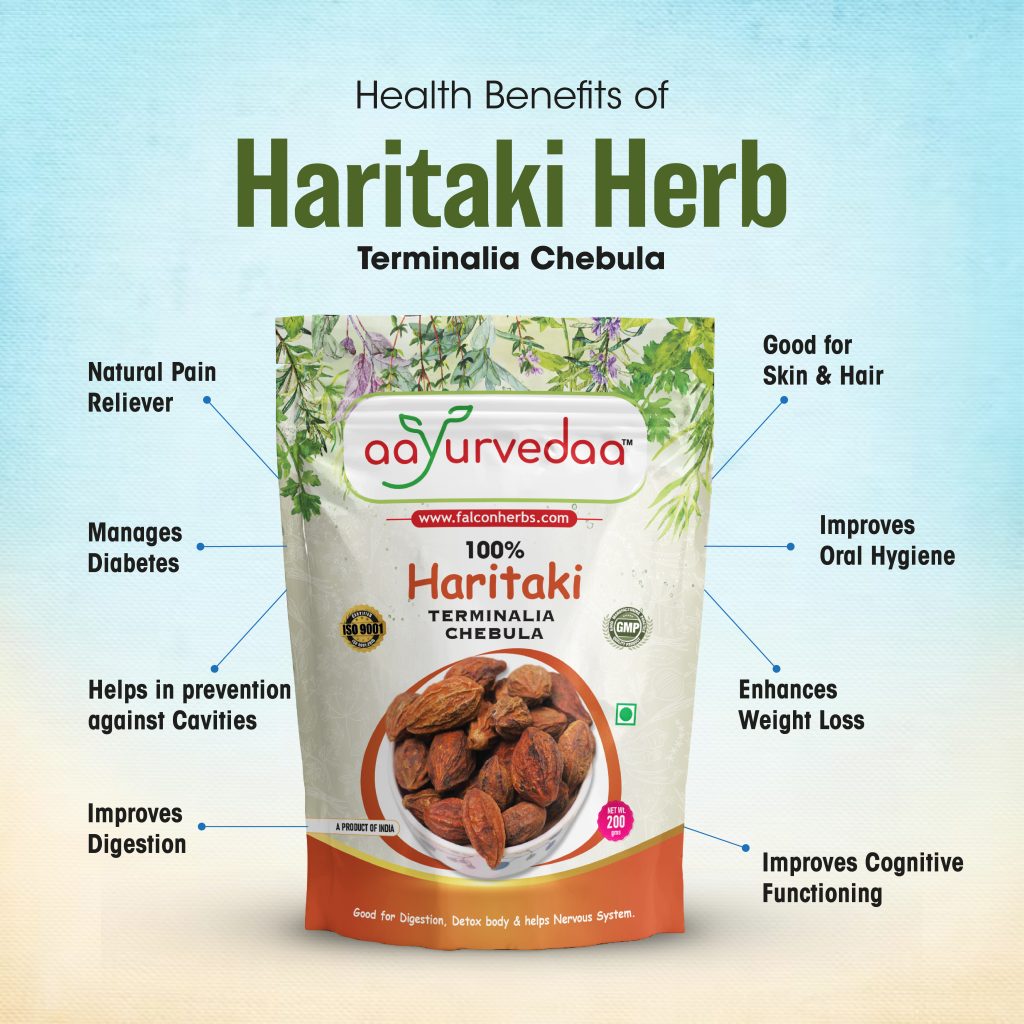

Understanding Ayurveda and Digestive Health & digestive solutions
Ayurveda views digestion as a cornerstone of health, considering it the root of all imbalances within the body. According to Ayurvedic principles, proper digestion ensures that nutrients are effectively absorbed while toxins are efficiently eliminated. When digestion is compromised, it can lead to a buildup of toxins (ama) in the body, resulting in various health issues.
1. Ayurvedic Approach to Digestive Health
Ayurveda identifies three primary doshas or biological energies—Vata, Pitta, and Kapha—that govern the body’s functions, including digestion. Each dosha has its unique qualities and governs specific aspects of digestion. Imbalances in these doshas can disrupt digestive processes and lead to digestive disorders.
2. Balancing the Doshas for Digestive Health
Ayurveda offers personalized recommendations to balance the doshas and optimize digestive health. Dietary modifications, lifestyle practices, herbal remedies, and therapeutic techniques are tailored to an individual’s unique constitution (prakriti) and imbalances (vikriti).
3. Dietary Guidelines for Digestive Health
Ayurveda emphasizes the importance of consuming whole, fresh foods that are suitable for one’s constitution and the current state of digestion. It recommends favoring warm, cooked meals over cold or raw foods, as they are easier to digest and assimilate. Additionally, incorporating six tastes—sweet, sour, salty, bitter, pungent, and astringent—in each meal helps balance the doshas and support optimal digestion.
5. Herbal Remedies for Digestive Support
Ayurveda utilizes a vast array of herbs and spices renowned for their digestive benefits. Herbs such as ginger, turmeric, cumin, fennel, and coriander are commonly used to stimulate digestion, alleviate bloating and gas, and promote overall gastrointestinal health. These herbs can be consumed as teas, tinctures, or added to meals to enhance flavor and digestion.
5. Lifestyle Practices for Digestive Well-being
In addition to dietary modifications and herbal remedies, Ayurveda emphasizes the importance of lifestyle practices that support digestive health. Practices such as mindful eating, proper food combining, regular exercise, adequate hydration, and stress management play a crucial role in maintaining optimal digestion and overall well-being.
6. Ayurvedic Therapies for Digestive Disorders
Ayurveda offers various therapeutic treatments to address specific digestive disorders. Panchakarma, a detoxification and rejuvenation therapy, helps eliminate toxins from the body and restore balance to the doshas. Abhyanga (oil massage), Basti (herbal enema), and Ayurvedic dietary cleanses are also beneficial in treating digestive ailments and restoring digestive harmony.
7. Conclusion
In conclusion, Ayurveda offers a comprehensive approach to achieving and maintaining good digestive health. By addressing imbalances in the doshas through personalized dietary and lifestyle recommendations, incorporating digestive-supportive herbs and spices, and utilizing therapeutic treatments, Ayurveda helps restore balance to the digestive system and promote overall wellness.
8. FAQs
- Can Ayurveda help with specific digestive disorders like irritable bowel syndrome (IBS) or acid reflux?
- Yes, Ayurveda offers tailored treatments and dietary guidelines to address various digestive disorders, including IBS and acid reflux.
- Are there any dietary restrictions in Ayurveda for maintaining good digestive health?
- Ayurveda recommends avoiding processed foods, excessive consumption of cold or raw foods, and incompatible food combinations to support optimal digestion.
- How long does it take to see improvements in digestive health with Ayurvedic treatments?
- The timeline for seeing improvements in digestive health varies depending on individual factors such as the severity of the imbalance and adherence to Ayurvedic recommendations.
- Can Ayurveda be used alongside conventional medical treatments for digestive disorders?
- Yes, Ayurveda can complement conventional medical treatments for digestive disorders, but it’s essential to consult with qualified practitioners and healthcare providers for personalized guidance.
-
Product on sale
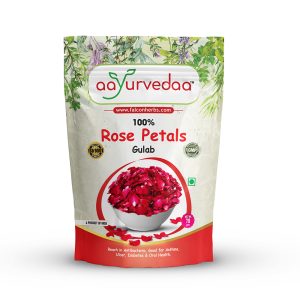 Rose Petals (Gulab Patti) 60gm | Reduces anxiety, Improves digestion, High in antioxidants, High in vitamin C₹234.00
Rose Petals (Gulab Patti) 60gm | Reduces anxiety, Improves digestion, High in antioxidants, High in vitamin C₹234.00 -
Product on sale
 Turmeric Wound Healer 100gm | Natural Immunity Booster | Improves Heart health and fights against Cancer₹234.00
Turmeric Wound Healer 100gm | Natural Immunity Booster | Improves Heart health and fights against Cancer₹234.00 -
Product on sale
 Senna Leaves 70gm | Helps in getting rid of Constipation and Indigestion problems₹234.00
Senna Leaves 70gm | Helps in getting rid of Constipation and Indigestion problems₹234.00 -
Product on sale
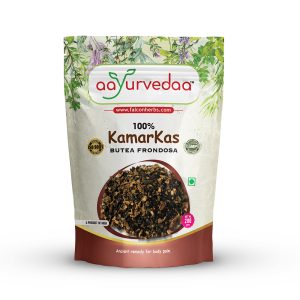 Kamarkas Raw Herb 200gms | Provide relief from the summer heat and reducing weakness₹324.00
Kamarkas Raw Herb 200gms | Provide relief from the summer heat and reducing weakness₹324.00 -
Product on sale
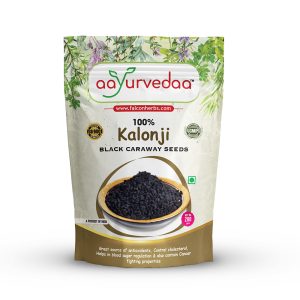 Raw Kalonji 200gm | Control cholesterol | Helps in blood sugar regulation₹324.00
Raw Kalonji 200gm | Control cholesterol | Helps in blood sugar regulation₹324.00 -
Product on sale
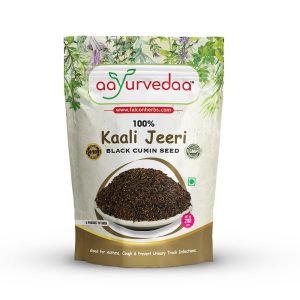 Kaali Jeeri 200gm | Good for Asthma | Cough & Prevent Urinary Track Infections₹324.00
Kaali Jeeri 200gm | Good for Asthma | Cough & Prevent Urinary Track Infections₹324.00 -
Product on sale
 Haritaki Dried Whole 200 gm | Good for Digestion | Detox body and helps Nervous System₹252.00
Haritaki Dried Whole 200 gm | Good for Digestion | Detox body and helps Nervous System₹252.00 -
Product on sale
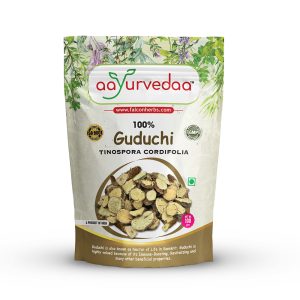 Guduchi (Tinospora Cordifolia) – 100gm | Pure Organic Raw and Immune System Booster₹234.00
Guduchi (Tinospora Cordifolia) – 100gm | Pure Organic Raw and Immune System Booster₹234.00 -
Product on sale
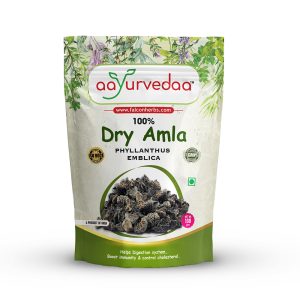 Dry Amla 100gm | Dried Amla for hair | Helps digestion system and control cholesterol₹252.00
Dry Amla 100gm | Dried Amla for hair | Helps digestion system and control cholesterol₹252.00



